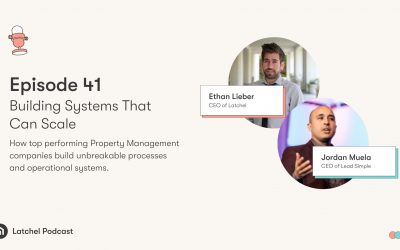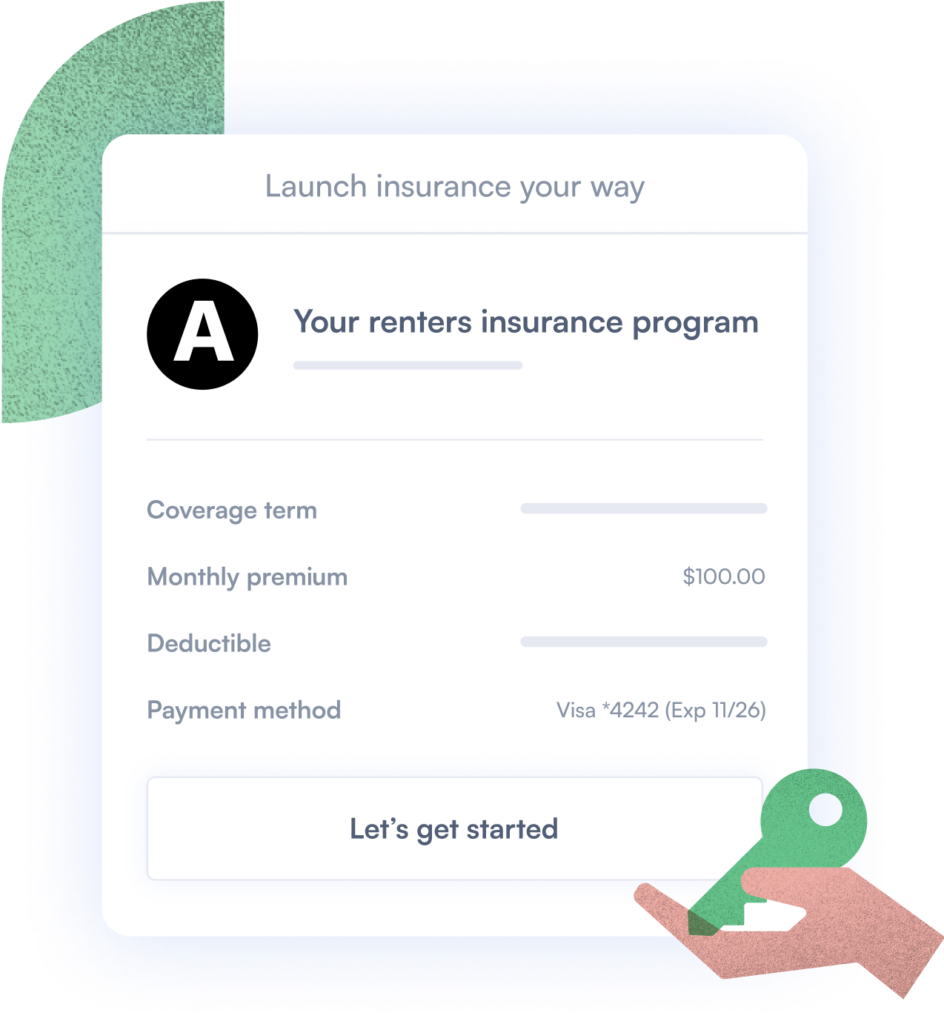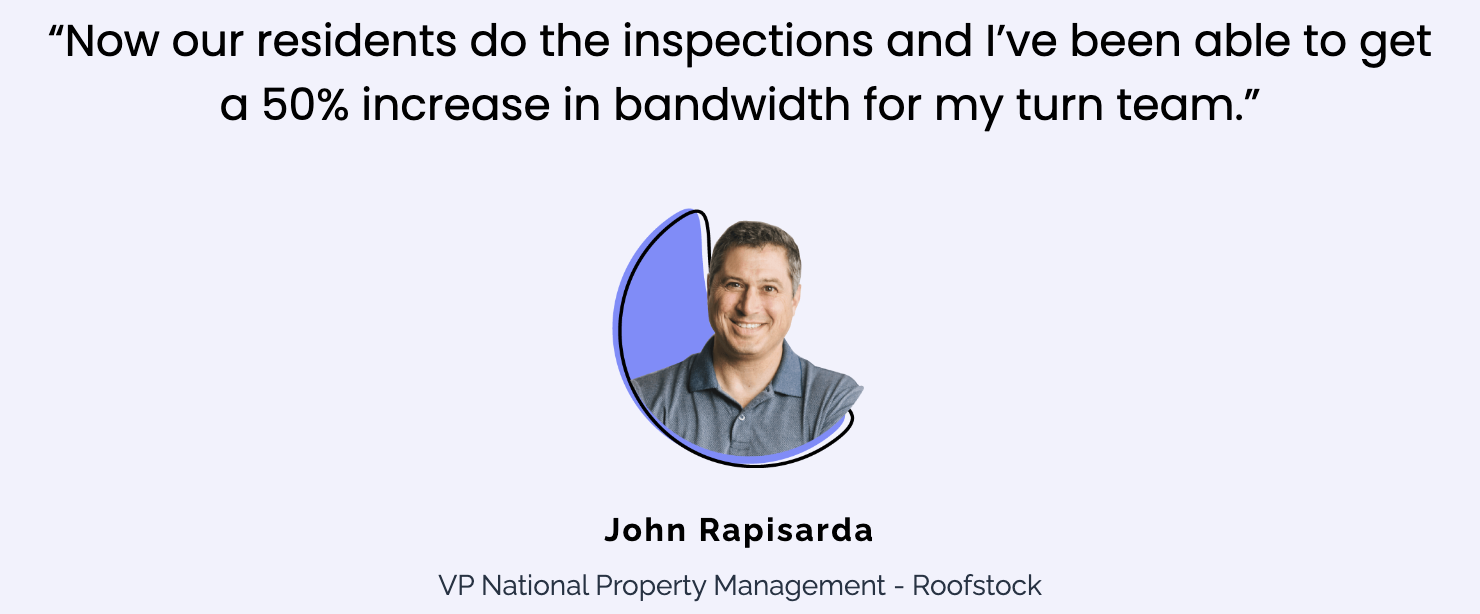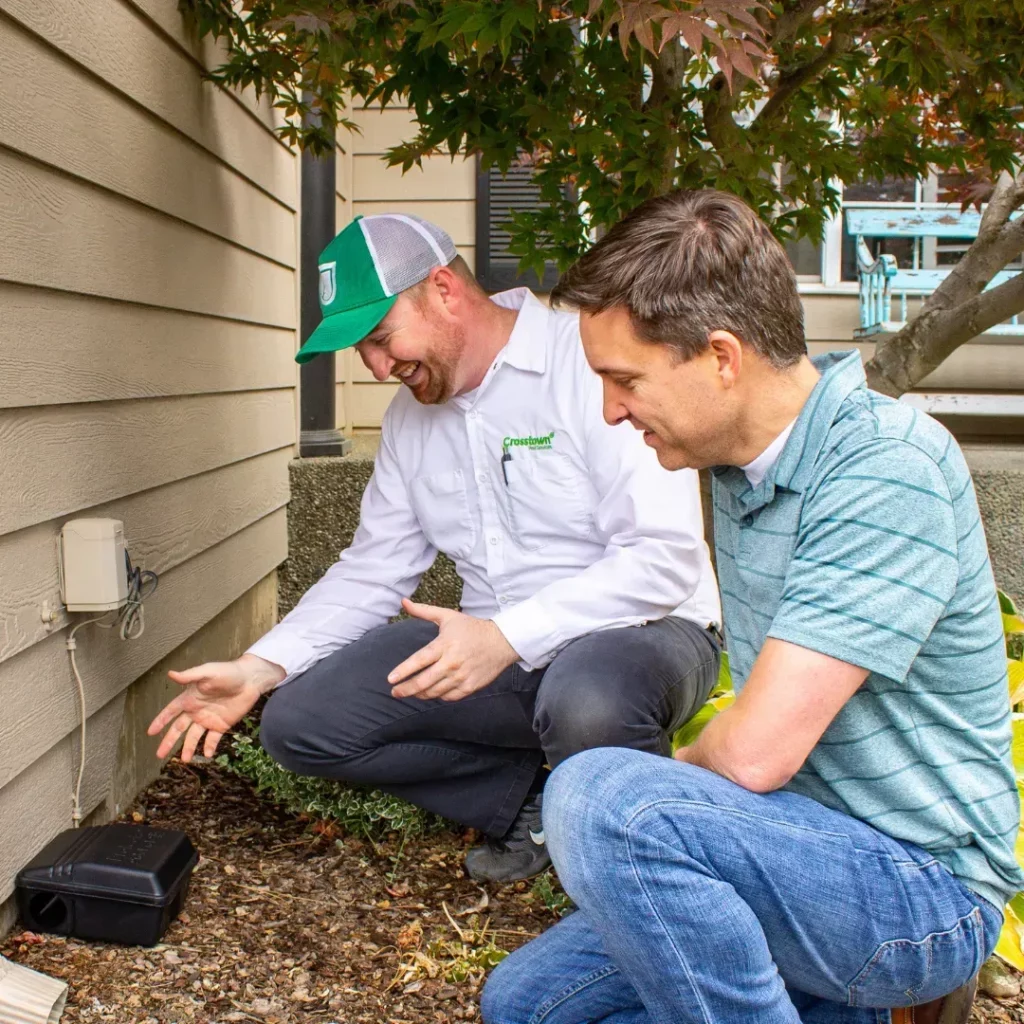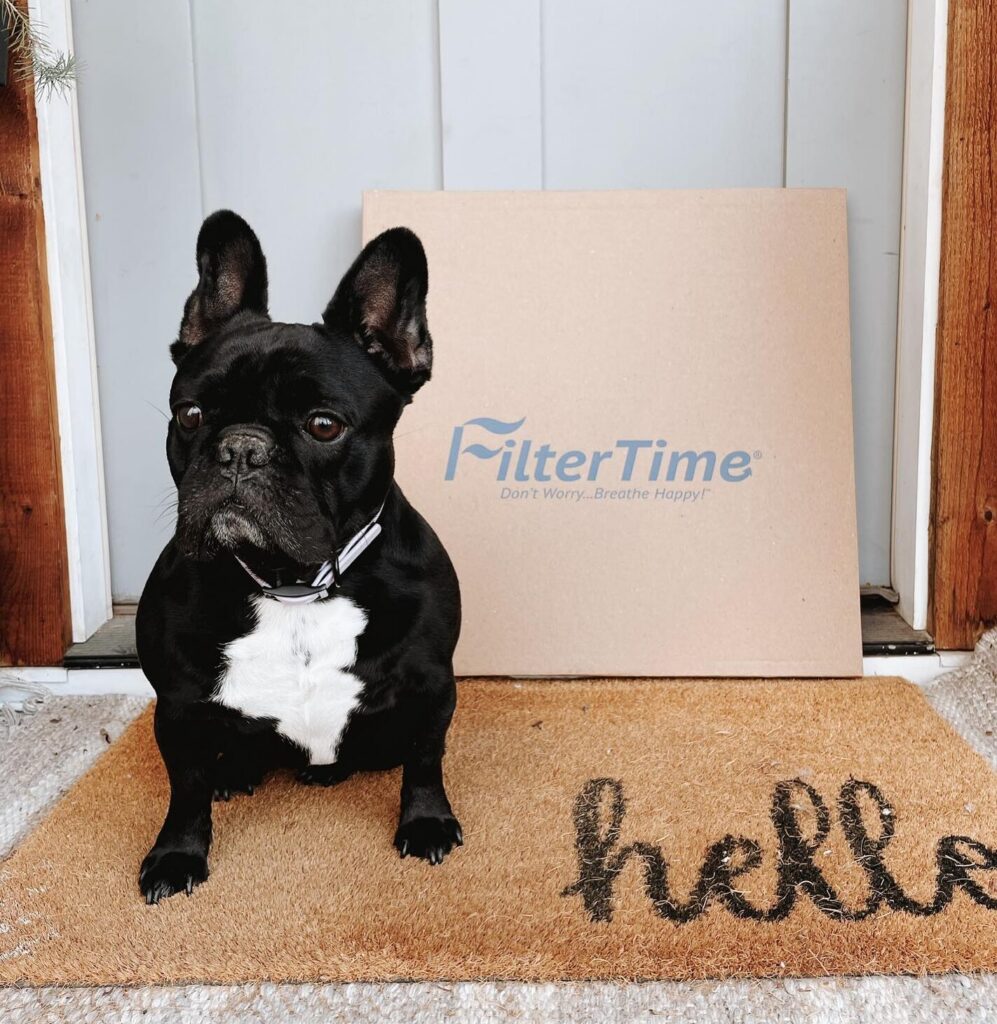Since building a business to successfully scale requires the marriage of both the creative and analytical parts of the brain, we sat down with none other than Greg Crabtree, author of both Simple Numbers: Straight Talk, Big Profits, and its follow up book, Simple Numbers 2.0: Rules for Smart Scaling to dive into the details of a property manager’s playbook for smart scaling. Greg is known well in our industry for his contributions to the NARPM Accounting Standards and his consulting services for entrepreneurs.
Listen In:
Watch on YouTube:
Property Manager’s Playbook Summary:
As a CPA and business consultant, Greg sees accounting as a tool for growth that a lot of entrepreneurs end up applying wrong, making it harder to grow and scale their business efficiently. Greg kicks off by outlining the 3 fundamentals of a business primed for sustainable scalability and notes that: “Your only impediment to growth is execution, not cash”.
1. Figure Out What the Market NEEDS – “I’m not about chasing revenue, I’m about offering something that’s in need.” – Greg Crabtree
No matter what stage your business is in, Greg noted that it’s always important to continue asking yourself “what problem do I solve that is valuable?” and building a strong sense of customer trust from that value proposition. As the industry changes, entrepreneurs should always be looking for what other types of value they can add to their business to serve their customers.
2. Find a Way to Do It Profitably – The more value you bring, the higher your profit margins.
The industry average for profitability is 6%, but top performers in the industry are hitting 25% profitability and above by continually adding value-based services and minimizing unnecessary business expenses where possible. This includes utilizing more tech based automation to cut down on operating costs, and adding new revenue streams with ancillary fees and resident benefit packages.
3. Provide a Minimum ROIC (Return On Invested Capital) – Your Number One KPI
Greg recommended to have a minimum target of 50% ROIC to be able to run a sustainable business in a developed economy – this essentially means that your monthly revenues need to be 2x as much as your monthly spend.
Though, Greg points out that your “invested capital” isn’t as simple as your monthly expenses to operate the business. Your invested capital should take into consideration your P&L (Profits and Losses) balance sheet to view as a speedometer clueing you into the output of your engine. Greg uses the example of building a piece of real estate. Your P&L statement tells you what you have invested in the house that you built, so your ROIC is not the net rental income after the expenses, but the net asset minus the debt.
Greg notes that your available cash should be consistently at 2x the amount of your monthly operating expenses. So if you have $100k in monthly operating expenses, you need to have $200k in cash. At this point your invested capital would be $300k with a minimum target profit of $150k.
Summary of Q&A:
[18:50] Does this equation change if you are building to scale quickly?
- PMs who are building to scale typically target a consistent 3 month run rate as fast as possible.
- A slice of cash is set aside for operating expenses and a slice of cash is set aside for growth – a bet on a new investment.
- Look for opportunities to bypass a fixed cost (like maintenance) and turn it into a variable cost per unit.
[22.40] Is there a right way vs a wrong way to grow?
- Your monthly revenues need to be 2x as much as what you spend on all labor dollars
- Companies cant get to 2x by tying to spend too much on labor to get new customers.
- The lazy way of growing is to throw labor at a problem. Every client that we have that is under their target profit is absolutely because of bad labor management. When you get the labor equation right, that tends to make these companies profitable.
[26:45] The pandemic has forced a lot of us to trim the fat and really show what’s valuable. What types of value have you seen PMs realizing?
- Businesses may not have grown, but outside factors have forced them to improve their operations in a way that allows for better scalability.
- “You have to change your ‘where’ not your share.” We’ve seen that we can operate from anywhere so moving outside of a single geographic area to capture more markets has become more achievable.
- There has been a bigger focus on marketing efforts for Property Managers with the realization that a well run marketing engine can take you far beyond your target market.
[42:15] You place a large importance on Property Managers knowing their “value play”. You have 3 key value plays, do you mind sharing what those are and how you see property management fitting in?
- Run to Harvest – Profitable, cash flow generating. Only sell when you are ready to retire or start another more profitable business.
- Harvest until Premium Sale – Profitable, cash flow generating. Only sell if you can get a significant Premium (usually a 10x EBITA).
- Build to Sell – Cash flow neutral to negative. Building a business of volume for a “strip sale”.
[47:23] If Property Management is like a “Run to Harvest”, you mentioned that that kind of build and scale really doesn’t work in this industry, but there are a ton of companies getting tons of venture funding scaling and eating up market share. What are your thoughts?
- There is a lot of cash in this market and could be a lot of companies getting huge valuations pre-revenue, just like the .com era, then 2000 hit.
- There’s a physics to finance, and the market will always come back to financial principles at the end of the day.
- When the money floods in and these guys try to grow and create these bigger companies, that they’re essentially intentionally operating at breakeven or a loss, they’re damaging the true market value of what good property management services are.
[53:15] What are the kind of superpowers that managers should really be capitalizing on to build toward profitability and success?
- Have a very super clear salary cap concept. I’ve got to go win the contract of property management to then expand my labor pool, so I’ve got $2 of revenue to $2 of labor. Put any player on the field. Do I need a tight end? Do I need a center? Do I need a defensive back? I don’t really care. Design the team any way you want, but that’s your hard cap.
- Go win that next customer, win that next series of new revenue coming through. As I always like to say, “When you get growth down to just execution, that’s a superpower in business.” I don’t need to go begging for cash. I don’t need to go to the SBA for anything. I don’t need to ask anybody’s permission for anything. I’ve just got to go execute. The best entrepreneurs will tell you, they say, “Listen, I don’t need to create something new. I just need to go figure out something that’s already being done, and just be better at it than the next person.”


